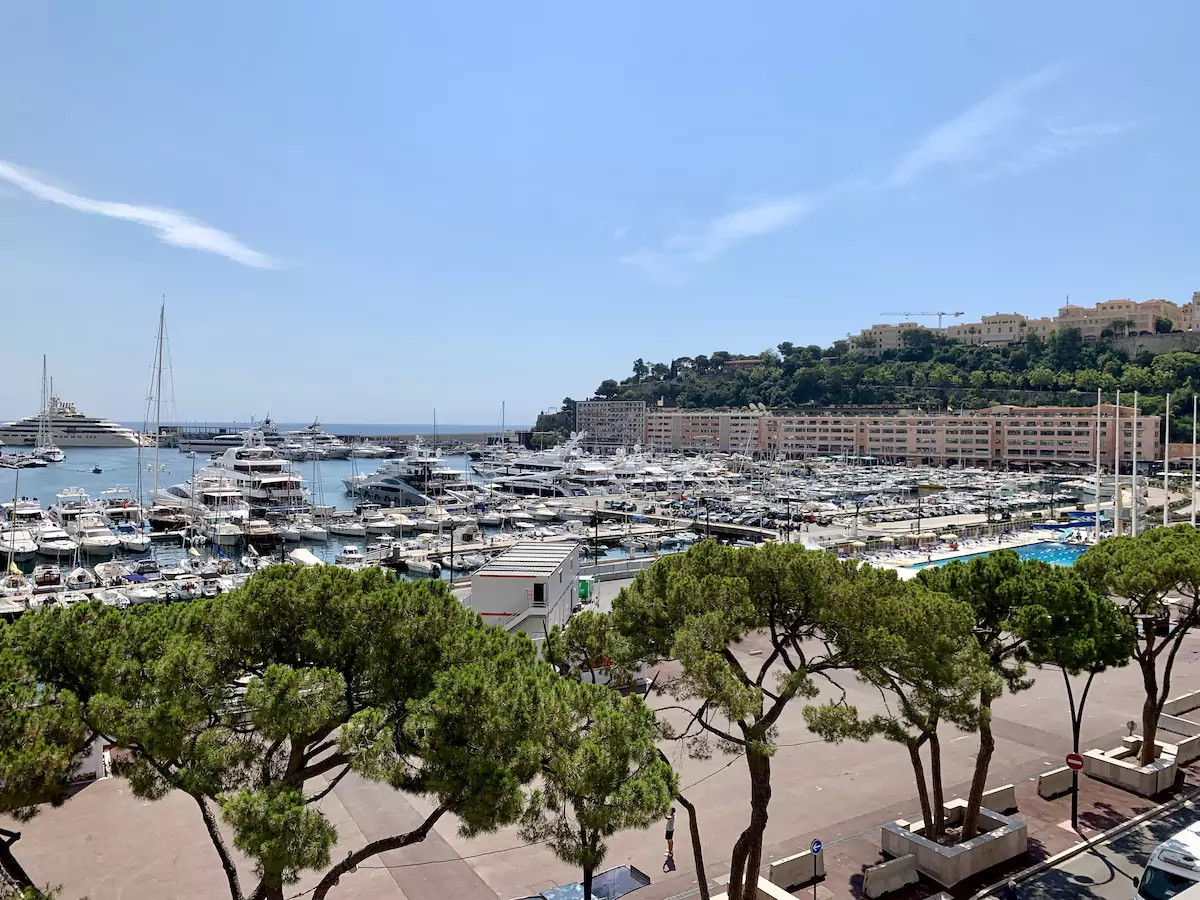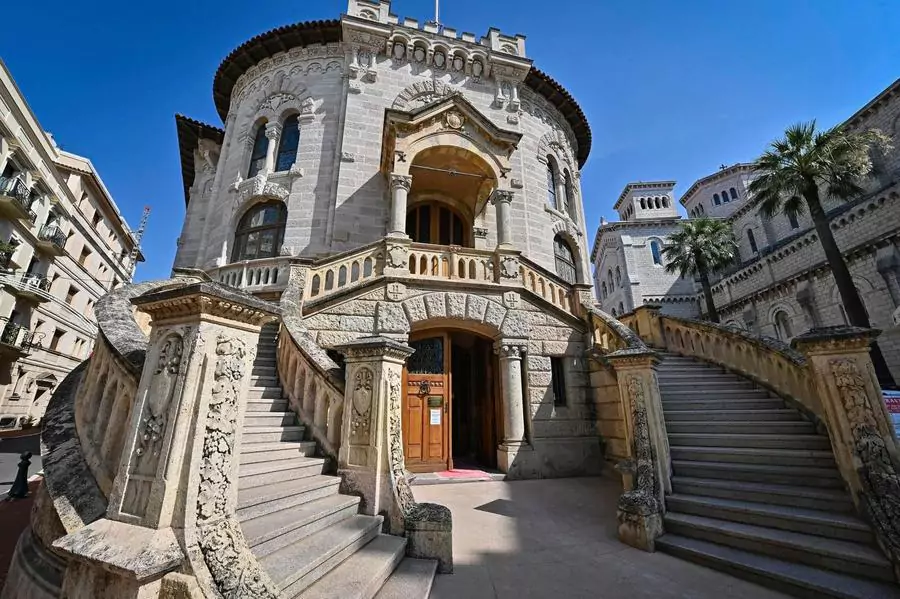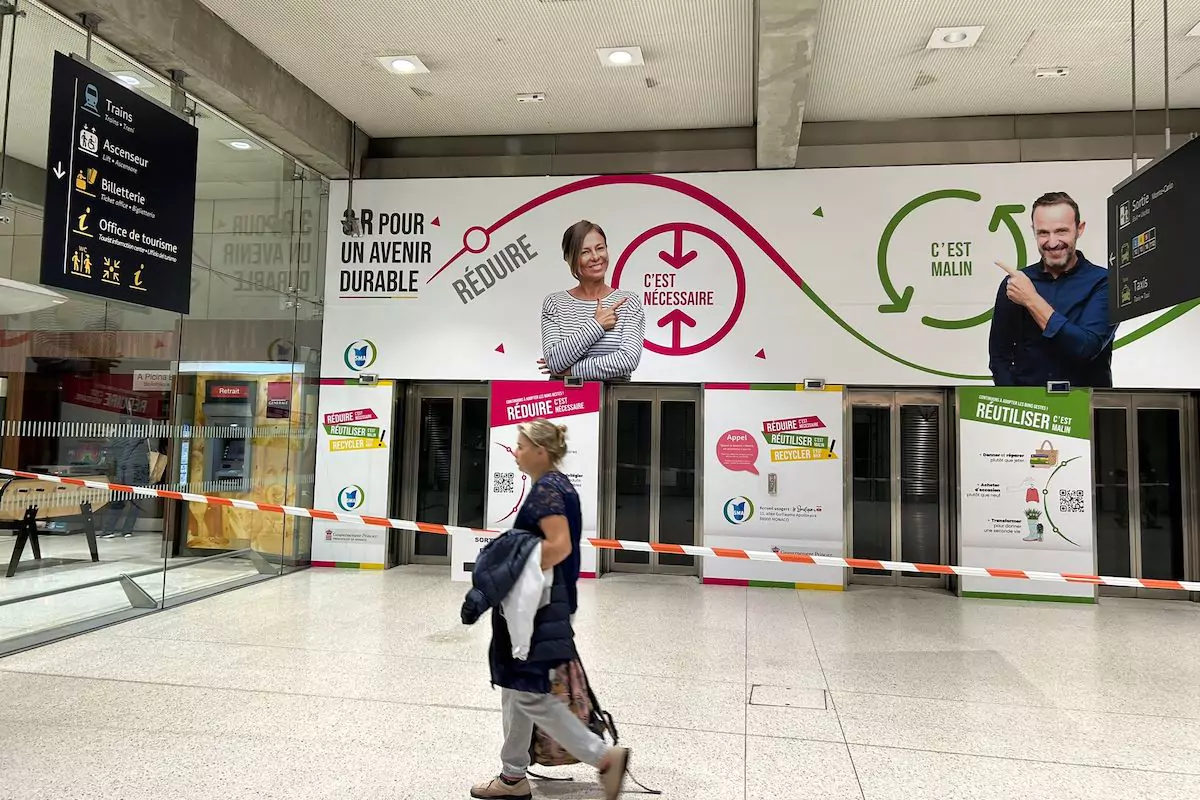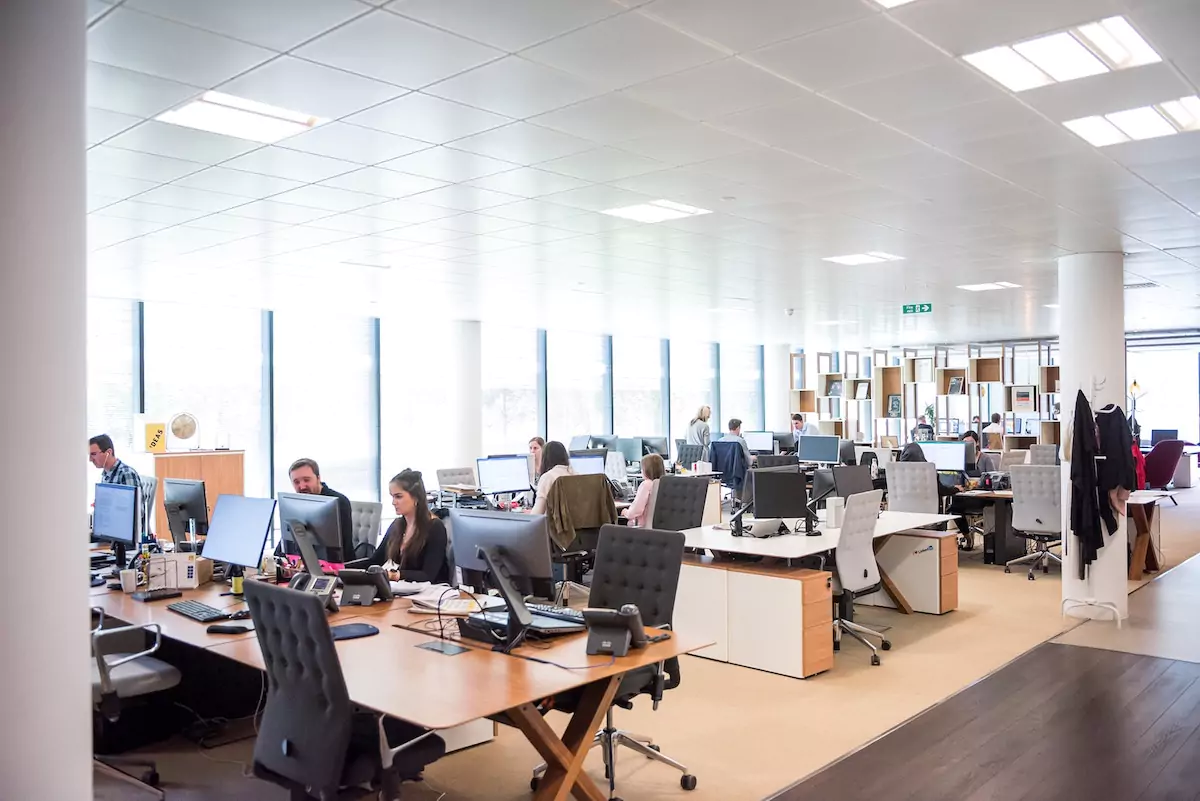Divorce is never easy, but getting a divorce in Monaco has its own unique set of challenges. In this Q&A, Monaco Life speaks to lawyer Raphaëlle Svara about everything a woman considering a divorce should know, and what they can expect throughout the process.
Raphaëlle Svara is no stranger to divorce in Monaco. A Partner at CMS Monaco and co-head of the Private Clients team, she specialises in national and international successions and divorces, as well as the legal protection of adults and minors, and inheritance law.
On this particular day, I meet Raphaëlle in the boardroom of CMS Monaco, a large modern building in the centre of the Principality that houses a team of over 45 legal professionals dedicated to various areas of law.
We are here to talk about women’s rights in a divorce in Monaco, and to address a few misconceptions. It’s a complicated topic, often difficult to discuss in a micro-state like Monaco, and yet the implications are huge.
For Raphaëlle Svara, the overwhelming advice she gives to her clients is to come to an arrangement, because you just never know your luck when you roll the dice. However, if no reasonable arrangement is found, then you have to fight for your rights.
Still, as she explains, there are plenty of things you should know, and do, beforehand.

Monaco Life: Let’s start with the basics. If somebody is resident in Monaco, when it comes to a divorce, which location takes principal importance? Is it where you live or where you were born?
Raphaëlle Svara: According to Monegasque international rules, it is where you have your domicile. So, if a couple, even a foreign couple, live in Monaco and they want a divorce, Monaco has jurisdiction. But another country can also have jurisdiction in this instance if the spouses are nationals of this country. In fact, many countries can have jurisdictions. That’s why the client and I have to establish early in the file a strategy in order to know which jurisdictions to seize first when several courts can have jurisdiction. The domicile is therefore the first criteria to be analysed.
Then there are other criteria: If Monaco was the last common domicile of the spouses and one spouse is still residing in Monaco but the other one is living in another country, Monaco still has jurisdiction.
Finally, every Monegasque can divorce in Monaco.
How important is timing when claiming that jurisdiction?
There is an international principle called Lis Pendens, which means that the first court which is seized is the first one to rule. In reality, if you seize first in Monaco, you are assured that Monaco will take the case and rule on the divorce, unless Monaco does not have jurisdiction at all.
When Monaco courts have jurisdiction and are seized first for a divorce, the court seized second will stay proceedings and wait until a decision is issued in Monaco. However, depending on the circumstances, some jurisdictions, the UK courts included, can continue to rule on the divorce even if they had been seized second.
Speaking of women’s rights, how ‘fair’ is Monegasque divorce law for women?
My feeling, to be honest, is that Monaco is not the most generous court for women. If a client can claim to have jurisdiction in the UK and he or she is the weaker economic party of the divorce, I will advise her or him to go there. Nevertheless, if my client is the stronger economic party, I would advise him or her to initiate the proceedings in Monaco.
In your opinion, why is that the case?
The law can be interpreted largely, so even if the law is fair or at least generous, it depends on the file you managed to create (the documents you collected) and the appreciation of the judges.
For instance, as recently as seven years ago, there were several monetary demands that women could make including alimony during proceedings and until the divorce is final. This was based on the standard of living during the marriage and the needs of the wife and the resources of the husband. So, if a woman has been living for 20 years with a half a million per month, they are supposed to obtain more or less this amount. And the judges used to really take the standard of living into consideration. But I feel that they now take that criterion less and less into consideration, which is a real issue for women.
The other demand a woman can make is once the divorce is pronounced, they can ask for a lump sum, which is a global sum based on subjective criteria: the age of the parties, the duration of the marriage, the matrimonial regime, the resources of each spouse, and if you gave up working in order to raise the children while your husband was working and making money.
However, the lump sum calculation is decided by the judge, there is no Excel spreadsheet for this. For that reason, we cannot tell our clients that they will for sure get a certain amount. It’s very approximate.

One misconception about divorce rights is that if a woman is responsible for the divorce that she is not entitled to anything, or that she is entitled to less. But this is not the case?
The law states that if you are solely responsible for the divorce, woman or man, you cannot have that lump sum that I talked about. But in order to protect a wife or husband who hasn’t worked throughout the marriage, the legislators created what we call a compensatory indemnity, which is not based on the same criteria.
But again, it depends on how the judge will assess it.
Another misconception you have heard is that a woman could lose custody of the children because she does not have money…
I am often asked by women if they would lose custody of their children because they didn’t work and did not have revenues.
The answer is ‘no’. Judges will always consider the best interests of the children, so which parents they feel most comfortable with. The judges tend to lean more towards shared custody which is understandable nowadays, but women will never be deprived of seeing their children because they don’t have control of the money.
More and more I see that parents try to avoid putting the kids in the middle. But money and children still remain weapons in a divorce: “You want to see the kids, give me the money” or “you want to have the money, give me the kids”.

Can women leave Monaco to go to another country with the children once a divorce is final?
No, they can not relocate the children’s principal residency unless both parents agree. Otherwise, the judge has to be seized of this specific request and rule on it considering various criteria, the best interest of the children being the most important.
What are some of the main reasons that you’re seeing for divorce?
It’s different depending on whether it is the wife or the husband. Generally, for women, it is that they feel or they know that they have been betrayed or that there is a mistress.
Or, there is abuse: moral and psychological abuse, which is the hardest one to prove, as opposed to physical abuse. These women are made to feel belittled, like they are useless, and all they did was raise the kids which has no value and that the money is not theirs. They are constantly told “It’s my money. It’s not yours”.
So, when these women are ready to leave, it’s after years of marriage. Maybe they have the strength because the kids are older so they’re not scared anymore, or at least less scared, to leave, and perhaps the older they get, the harder it is to bear. That’s what I see the most.
What are some of the first things you say to your female clients who are looking for a divorce?
I explain how it works in Monaco. I reassure them that they are protected because it is the law, and even if they lose a little bit of their standard of living, they can keep custody of their children, regain their strength and dignity, get a fair amount of money. But we need to prepare the file, we need to understand the estate of the husband, to reconstitute it, so I ask them to get the documents we need.
These women are actually very strong, they understand how it works, and they find the strength to do it.
So, a lot of this process is about empowering women to take control of their lives and their future…
We do it step by step. First, we ask them to get some documents, which many think they can’t find because the husband hides them. From there, we build, and we build until we have a clear strategy. Then they are ready to fight.
And they are fighting! It’s hard. When we win an alimony, the husband is very upset. He often underestimates the woman, thinking she will never file for divorce. Yet she does, and it pays back for her. We have really good results.
The key is to see a lawyer early?
Yes, it is key for us as lawyers to prepare the best possible file, and it is key for her strategy to have some time to find and analyse the documents.

Is there such a thing as an amicable divorce? How important is it to find an agreement?
We always say to our clients that it’s better to get a bad agreement than a good judgment. Because, when you go through this kind of proceeding, there are of course the costs, and morally speaking, it’s very hard.
So, finding an agreement is the best solution and I personally do everything I can to achieve this.
We actually do a lot of this now because it is in the best interest of the clients to spare emotional time and financial resources on divorce proceedings.
What can women expect in terms of money in an amicable divorce?
It depends on the estate of the husband, of course, but they can expect a good lump sum in order to help them remain here in Monaco. I would also negotiate the rent in Monaco to be taken into consideration for at least five years. The law says that a lump sum can be paid over five years, so they agree that the rent is going to be paid on a monthly basis, as well as the day-to-day living costs. In addition, if there are any movable assets like property, they can be transferred to the woman so that she can still enjoy for instance the residency of the residence secondaire where she’s been going for 20 years.
And also a good alimony for the kids so that it is not coming out of the woman’s pocket.
And these are all the things that women are legally entitled to?
Yes, and in an agreement, in an amicable divorce, you discuss the numbers, the custody of the children, you take the time, and in the end, you are happy and confident with what you get. These are things we can ask in court, but there’s no guarantee to obtain them in the end.
Is it satisfying to see your client, most often a woman, come full circle, from a broken person sitting in front of you to somebody who has grown through the experience, mentally and emotionally?
Yes, it’s very satisfying. We have accompanied them in this hard journey; we know things that perhaps their best friends or parents don’t even know. We need to trust each other. And I feel that they trust me. And yes, it is very satisfying at the end of each case to see them smile; they always become a new and confident person.
Make sure you’re never left out of the conversation.
Sign up for the Monaco Life newsletter, and follow us on Facebook, Twitter, Instagram and LinkedIn.
Main photo credit: Engin Akyurt, Unsplash








